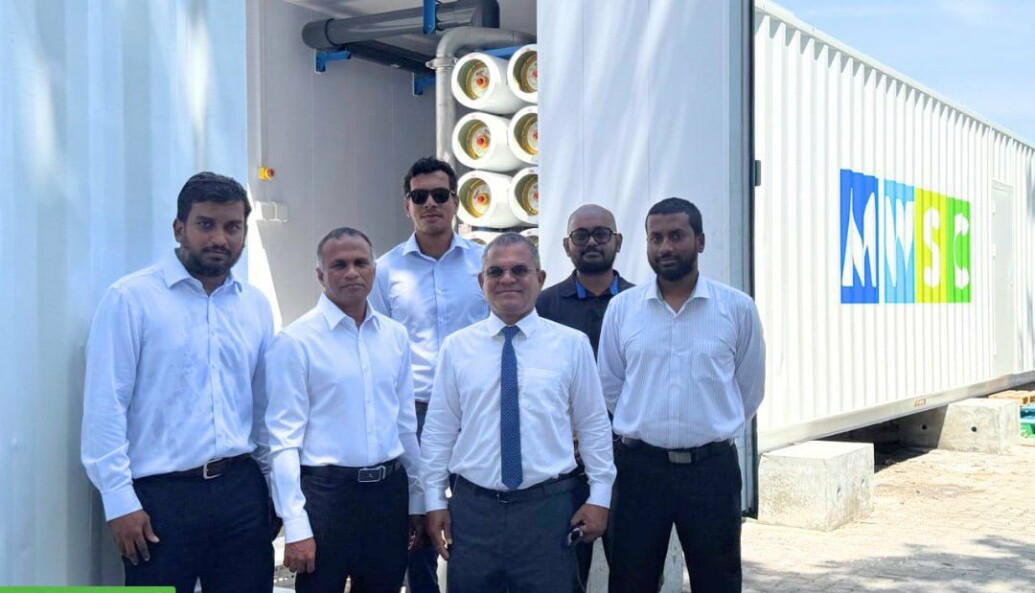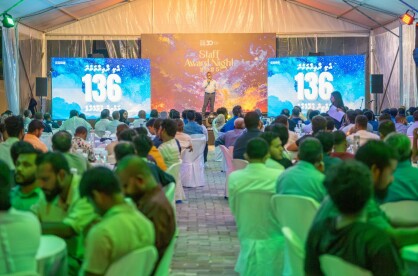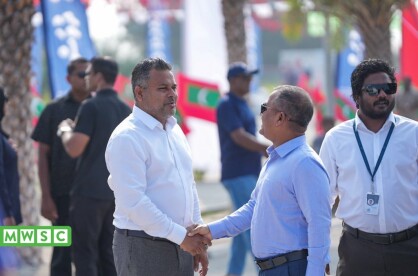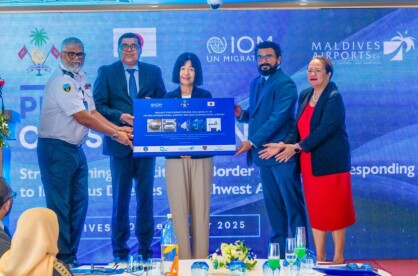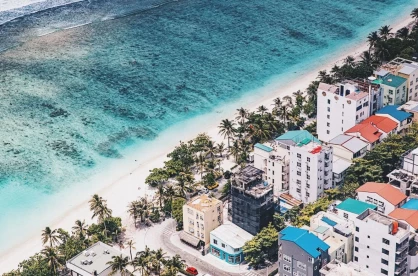On 22 June 2025, the Malé Water and Sewerage Company (MWSC) announced the successful installation and commissioning of a new Reverse Osmosis (RO) plant at the MWSC Malé Operations Center. The development marks a significant step forward in ensuring water security in the Greater Malé Region.
In a statement published on X (formerly Twitter), MWSC confirmed that the newly installed RO plant has the capacity to produce 1,000 tonnes of desalinated water per day. With this addition, MWSC’s total water production has now increased to 28,000 tonnes per day, strengthening the city's ability to meet the growing demand for safe and reliable drinking water.
Although the Maldives is internationally renowned for its pristine beaches and turquoise waters, the country faces serious challenges when it comes to freshwater availability. As a low-lying island nation with no natural rivers or freshwater lakes, the Maldives primarily relies on rainwater harvesting and desalination processes to meet its water needs.
This issue is particularly acute in the Greater Malé Region, which is limited in both space and freshwater resources. Rapid urbanization, population growth, and the effects of climate change—including saltwater intrusion into groundwater—have made it increasingly difficult to ensure consistent access to safe drinking water.
Desalination through RO technology has therefore become a vital component of the country’s water infrastructure.
